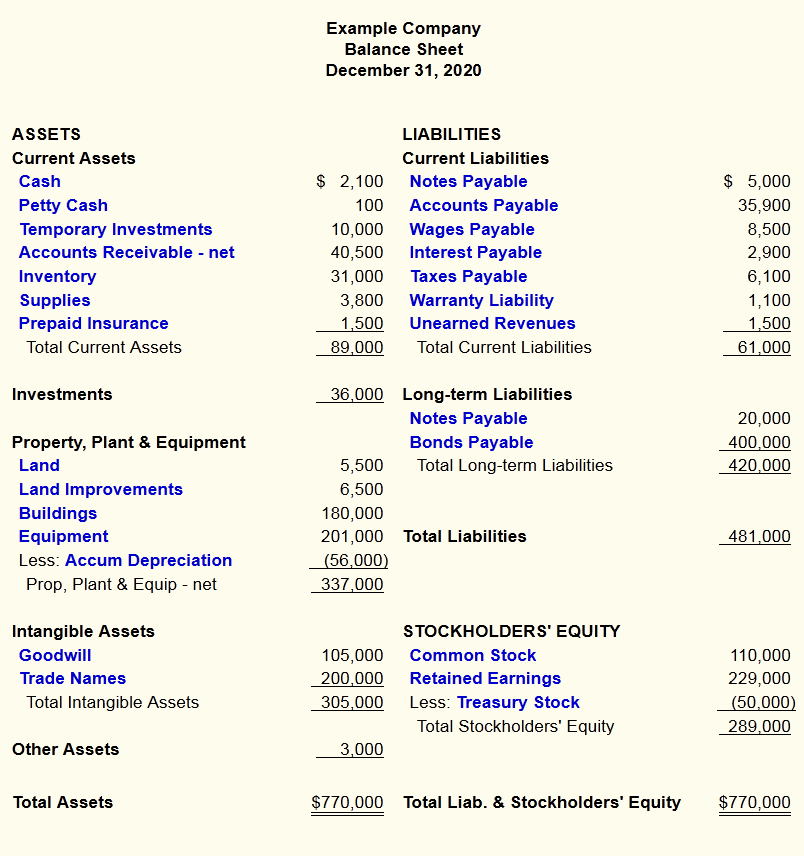 If you have taken any sort of business class, you have
probably heard the professor say that accounting is the language of
business. I never gave that statement much
thought until I took an accounting class last semester where the statement
actually hit home with me. Accounting really is the language of business. Through the financial statements that
accountants create, companies are able to share information regardi
If you have taken any sort of business class, you have
probably heard the professor say that accounting is the language of
business. I never gave that statement much
thought until I took an accounting class last semester where the statement
actually hit home with me. Accounting really is the language of business. Through the financial statements that
accountants create, companies are able to share information regardi
Communication is a vital part of business, and most of the
communication that goes on in and outside of a firm pertains to the financial
information of a company. Because of the nature of accounting, the written form
of communication is highly stressed. The financial statements that firms
provide quarterly communicate the financial health of the company to their
investors, creditors, managers, and the general public. People interested i
n
the company are able to analyze the statements that are based on the past performance
of the company to get a glimpse of the success of the company. Oral
communication is also key to accounting. You could have the most impressive
financial statements ever made, but if you are unable to breakdown the
information present and explain what each piece means, then the information is
of no value. Financial statements help those outside the firms, but managers
and those who make crucial decisions internally for the firm often consult with
the accountants of the firm during conference calls, meetings, and over dinner /
lunch appointments. At each one of these different circumstances the
communication between the accountant and the manager is expected to be formal,
as expected in a business setting.  Generally, those who are communicating the financial
information to other managers and higher people in the firm are the chief
financial officer (CFO) or the accounting manager who has a deep knowledge of
accounting and the rules and principles that need to be followed. They are also
higher up in the company which adds to their ethos, because they are more
respected because of their previous work experience and their management over
other employees. They are able to communicate clearly and explain to other high
up executives, who expect clear and detailed information presented to them.
Generally, those who are communicating the financial
information to other managers and higher people in the firm are the chief
financial officer (CFO) or the accounting manager who has a deep knowledge of
accounting and the rules and principles that need to be followed. They are also
higher up in the company which adds to their ethos, because they are more
respected because of their previous work experience and their management over
other employees. They are able to communicate clearly and explain to other high
up executives, who expect clear and detailed information presented to them.
The financial statements fall under a couple of different
branches of oratory. They are judicial because use logos to present past financial
information. However, because they use the past information to make future
decisions for the company, it also falls under deliberative oratory. In
meetings and conferences with executives, the accounting managers are giving a
speech and presenting information, which can be seen as epideictic. They use
the information to either commend the firm’s past decisions which have led to
success, or they show the past mistakes that were made that resulted in lower
earnings compared to what could have been achieved.
I was surprised at the amount of people in our class who wish to enter accounting, yourself included. I was even more surprised however how each one has been able to give their own unique perspective on how rhetoric is needed in a place where you wouldn't normally think about it. You reminded me that rhetoric can be easily found in writing just as much as in dialogue, even comparing it accounting to language. I was hoping that you would've elaborated further on your source and perhaps how you personally would used rhetoric in your career field. Keep that in mind if you haven't thought of it yourself. :)
ReplyDelete